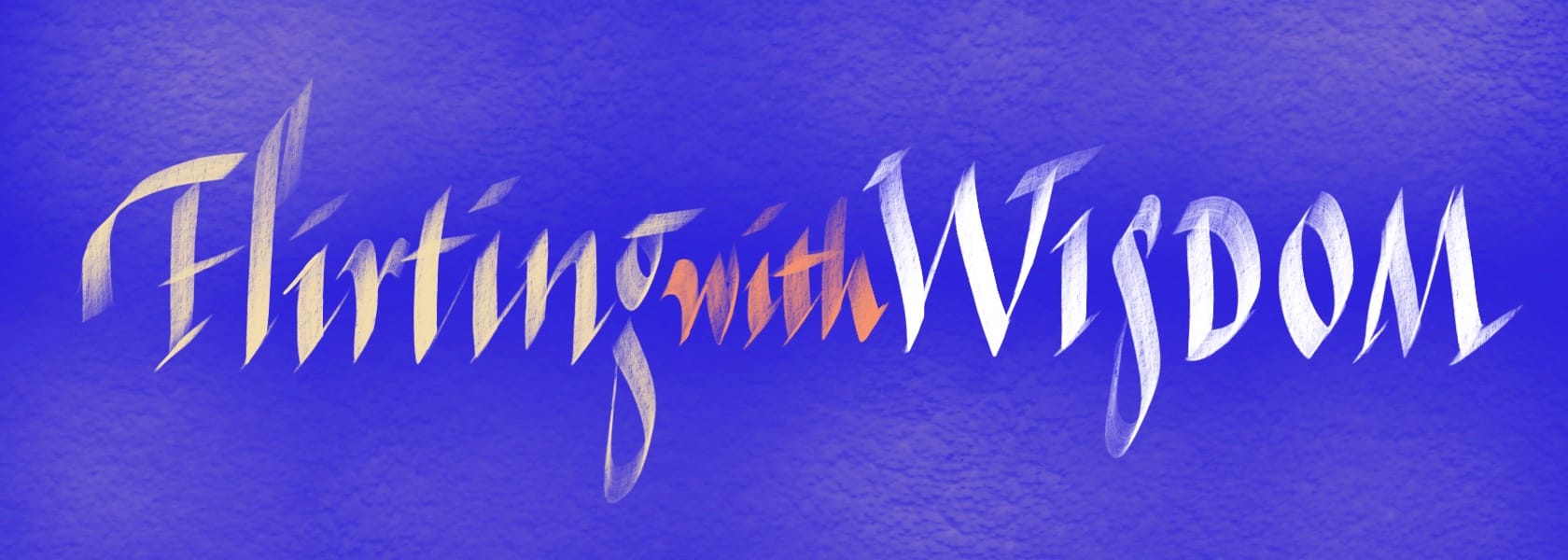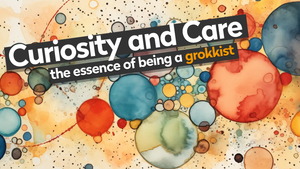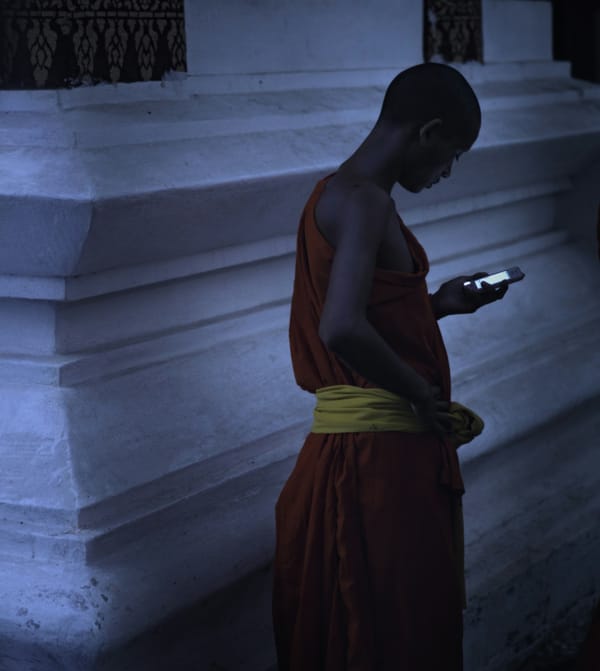“It’s not fair!” The phrase echoes through my childhood memories. I can barely think of a schoolfellow who would not invoke fairness – particularly when it suited them. I probably used it myself, too.
Later, as a teacher, I spent hours trying to sort out groups of agitated kids, all aggrieved about something they perceived as unfair. Fairness is something we latch onto when we are young, and it doesn’t go away.
Walking the dog isn’t something you immediately associate with fairness, but it indirectly expanded my fairness horizons. A dog doesn’t care about other dogs’ owners, so, while two dogs do their choreographed butt-sniffing ritual, you find yourselves chatting with a wide range of people.
Charlie, our dog, has therefore helped me make the acquaintance of a variety of upstanding, right-leaning citizens of a type I generally didn’t encounter working at a university. And most of them have turned out to be delightful people.
We can usually find common ground, too, because they are fundamentally decent and caring, but our approaches to fairness, time and again, have proven to be where we parted ways.
We can usually find common ground, too, because they are fundamentally decent and caring, but our approaches to fairness, time and again, have proven to be where we parted ways.
Fairness, it turns out, is a crucial component of human community building. It was identified as one of five ‘moral foundations’ by Jonathan Haidt and Jesse Graham when they developed their Moral Foundations Theory – along with care, loyalty, authority and purity.
Since the theory was first mooted, two decades ago, it has been revised and added to, but perhaps the most interesting change happened in 2023. Fairness was split into ‘equality’ and ‘proportionality.’
This was to recognise the competing argument between people who emphasise equal opportunities and outcomes, as opposed to those who think that rewards should be in line with people’s contribution or merit.
It is here that the idea of luck tends to affect our ideas of fairness.
The people who believe that merit comes in proportion to effort tend to discount the notion that luck has anything to do with either merit or fairness: “you make your own luck,” they say.
The people who believe that merit comes in proportion to effort tend to discount the notion that luck has anything to do with either merit or fairness...
Conversely, others emphasize the fact that the less fortunate start with a luck deficit and fewer advantages. They believe that to be fair and equal, it is necessary to “even the playing field” first.
I have been on my own journey around this topic.
From a young age I always had a strong sense of fairness, which I certainly believed to be based on equality. Actually, it was closer to the proportional model, where everyone starts in the same place and fairness is measured in relation to that common starting point. I suspect that most children start with a similar approach.
Hence, I had a lot of trouble when, in the 1970s, I first came across situations of university scholarships being given on racial rather than merit-based grounds. It seemed unfair.
I was even more uncomfortable when, a few years later, I was instructed to accept people onto the course I was managing not because they had fully met our entry criteria, but because they made the diversity statistics look better.
That proved to be a short-lived experiment. The students who gained entry via that route struggled, because the course was not set up to cater for their ways of learning, and we had not yet fully realised how culturally slanted our teaching approach was.
It took a good few years before I came to appreciate the extent to which the education system was geared towards a particular middle-class model, and how much adjustment students from other cultural backgrounds had to make in order to participate.
I also realised that having parents who had attended university and knew the ropes gave me a massive advantage over people who came from families with no background in higher education. Once framed like that, the current situation struck me as radically unfair.
I also realised that having parents who had attended university and knew the ropes gave me a massive advantage over people who came from families with no background in higher education.
Yet, equally, it seems to me unfair to expect people who have not yet been on a journey like mine to accept its outcomes on faith.
If there is one thing I have learned in my time in education, it is that you can’t shortcut learning.
Time and again I saw junior staff getting frustrated because students weren’t understanding something that they, themselves, found obvious. But, once asked about when the concept had started making sense for them, they often realised that it had only clicked much later in their educational journey.
The same thing happens with parenting. Early on, it was a constant battle for me not to rush my children into learning things well before they were naturally ready. When you love your kids and want them to succeed, becoming a pushy parent is easier than not.
Likewise, when you desperately want social change, it feels painful having to wait for others to catch up at their own pace.
Nevertheless, the journey from a proportionality model to an equality one (to use the Moral Foundations terms) is not necessarily one that we can expect people to make quickly or automatically. It took me some years to work through it, so why should I expect others to move faster?
It took me some years to work through it, so why should I expect others to move faster?
While this debate has, unfortunately, been weaponised recently, many of the people unhappy about diversity hires etc. still believe passionately in fairness but have likely not had any experiences that challenge their version of what fairness is.
Those of us who have been lucky enough to be taken down a different path need, I think, to understand it as luck.
It is not that we are more virtuous than anyone else, we have just had a different set of experiences. Hence, labelling people who believe they are fighting for their version of fairness as racists or calling out their white privilege is only going to put their backs up.
A fairer strategy might be to move the discussion to fairness itself, and the ways that it can be used to unwittingly embed unfair outcomes. Such constructive appeals to people’s sense of fairness might allow them to gradually query both the ‘one-size-fits-all’ and merit-based models that they are carrying.
Equally, we need to go into any such conversation with an understanding that we, ourselves, may need to change, too. In a contest of ideas shouldn’t all parties be open to the notion that they could be wrong? Fair’s fair!

Each vignette invites readers to embrace the beauty of unfinished thinking and the art of holding life’s ongoing questions.











Member discussion